As you already know, mobile phones are not always as secure as we want them to be. They are basically PCs with radio antennae and can be as much of a risk as any desktop or laptop device to several hackers out there. Not to worry though, if you need to purchase a secure device for better privacy and security, there are amazing options to go for. Check them out in our list of 5 best mobile devices for privacy and security:
1. Purism Librem 5:
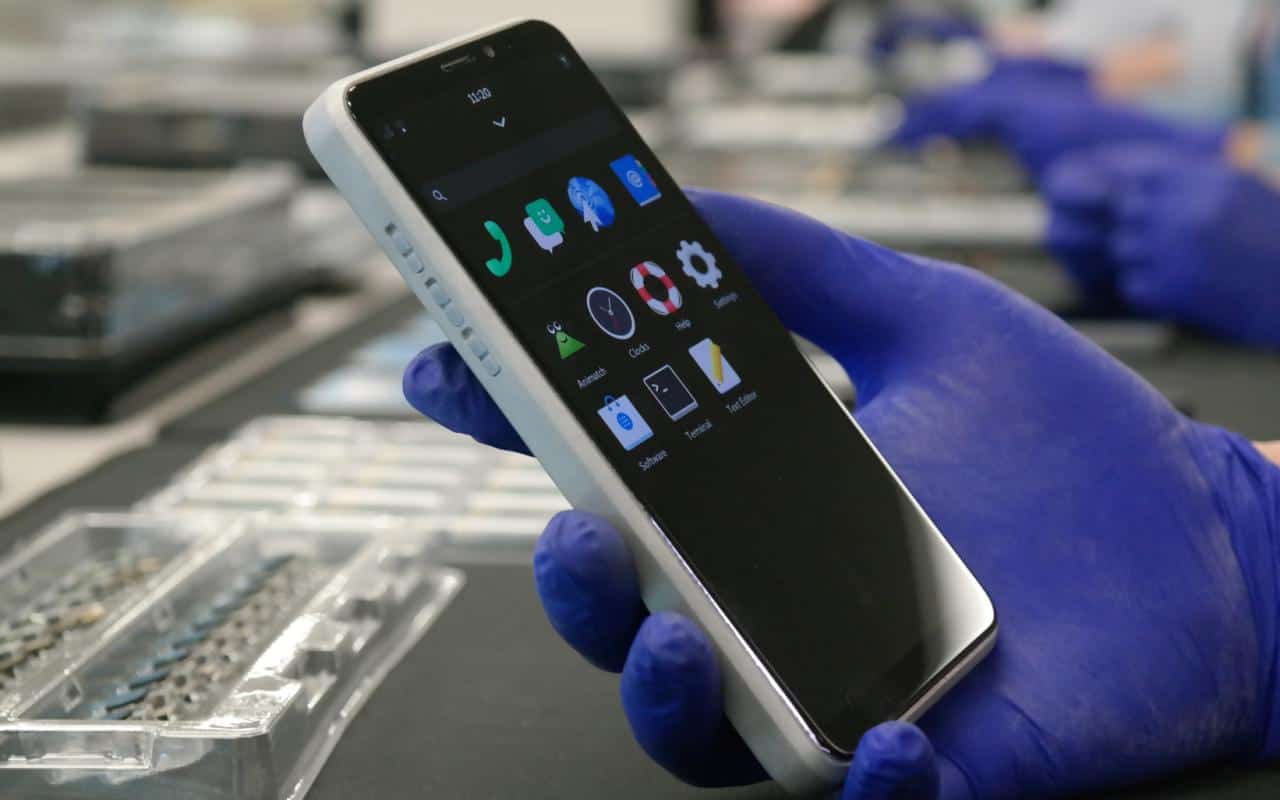
This device was manufactured with security in mind and it delivers privacy protection by default. It is he to PureOS, a free, ethical, and open-source operating system (OS) that is not based on Android or iOS, and it doesn’t lock you into using this OS either. If you want, simply install a compatible GNU/Linux OS as an alternative and enjoy.
2. Apple iPhone 12 Pro Max:
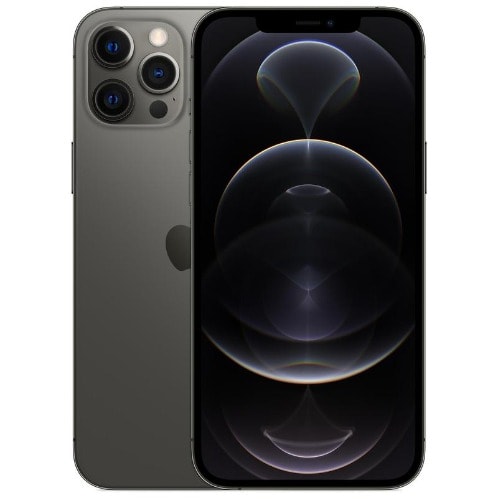
This one is very secure as well and its latest iOS 14 operating system grants users added control over data and privacy with options to keep location, camera use, and access settings, private.
Must Read: 12 Super Ways To Secure Your Every Online Transaction Now
Protection is even built into its hardware and can encrypt all sensitive data. It also comes with Face ID as a comfortable way to unlock your iPhone, authorize purchases and payments, and sign in to many third-party apps.
3. Blackphone 2:
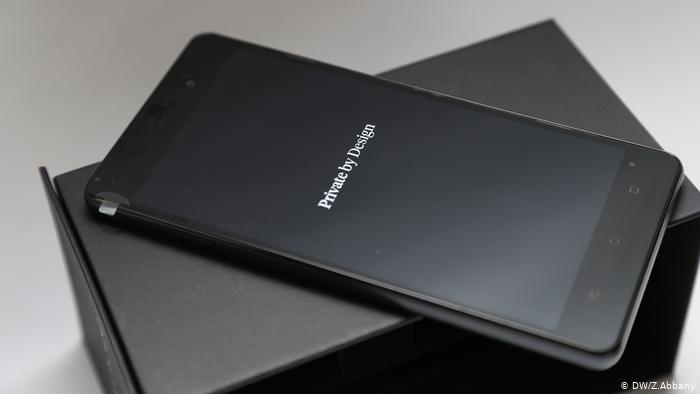
This one makes use of Silent OS, an Android-based operating system that helps to tackle mobile privacy concerns that enterprises are battling nowadays. Its manufacturers say that the phone doesn’t come with any bloatware, hooks to carrier or leaky data.
Must Read: 6 Best Bitcoin Wallets : Store Your Bitcoin Securely
It also possesses a feature named “Spaces” that aids users to create various separate “virtual phones” on a single device. This feature ensures your work and personal life remains separate since no there is no data shared between the Spaces.
4. Bittium Tough Mobile 2C:
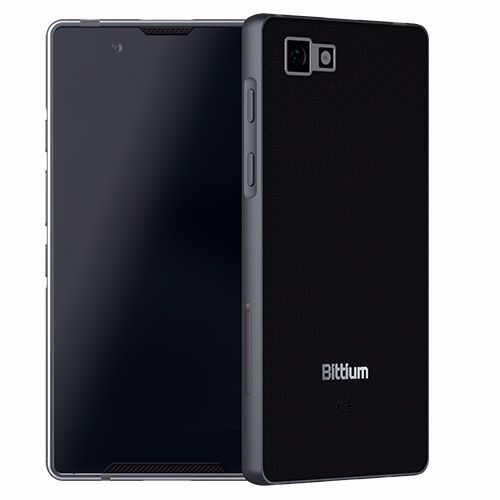
This is a very rugged and security mobile device that comes with 2 operating systems for complete data separation.
Must Read: 6 Ways to Secure Your Online Business
One OS is a hardened version of Android 9, the other is the company’s Secure OS, and owners can even switch between the two with the device’s dual boot functionality. It is also home to a free YubiKey 5 NFC security key to support two-factor authentication.
5. Sirin V3:
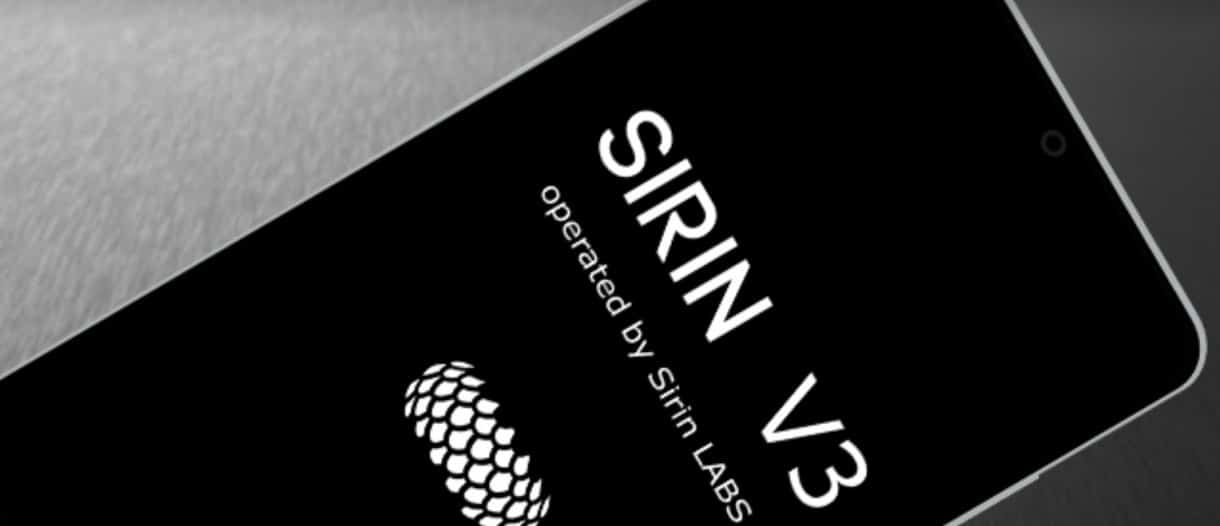
This device uses a multi-layered cyber security suite that includes a behavioural-based and machine learning Intrusion Prevention System (IPS) for proactive, real-time cyber protection. On a personal note, users will be able to install applications from the Play Store. It is also home to a military-grade anonymous end-to-end encrypted call app.
wrapping up:
There you have it – 5 best mobile devices for privacy and security. Feel free to drop your personal favorite and other recommendations in the comment section below.
More Information On Gadgets:
A gadget is a small tool such as a machine that has a particular function, but is often thought of as a novelty. Gadgets are sometimes referred to as gizmos.
In the software industry, “Gadget” refers to computer programs that provide services without needing an independent application to be launched for each one, but instead run in an environment that manages multiple gadgets. There are several implementations based on existing software development techniques, like JavaScript, form input, and various image formats.
The earliest documented use of the term gadget in context of software engineering was in 1985 by the developers of AmigaOS, the operating system of the Amiga computers (intuition.library and also later gadtools.library). It denotes what other technological traditions call GUI widget—a control element in graphical user interface. This naming convention remains in continuing use (as of 2008) since then.
It is not known whether other software companies are explicitly drawing on that inspiration when featuring the word in names of their technologies or simply referring to the generic meaning. The word widget is older in this context.
In the movie “Back to School” from 1986 by Alan Metter, there is a scene where an economics professor Dr. Barbay, wants to start for educational purposes a fictional company that produces “widgets: It’s a fictional product.”



